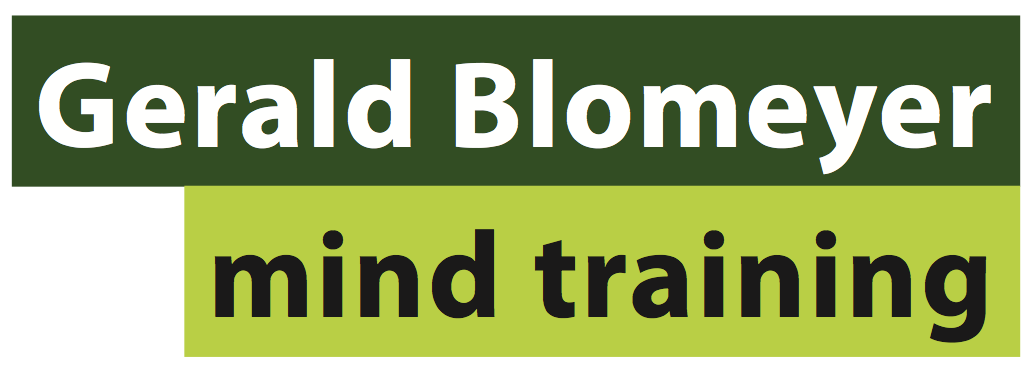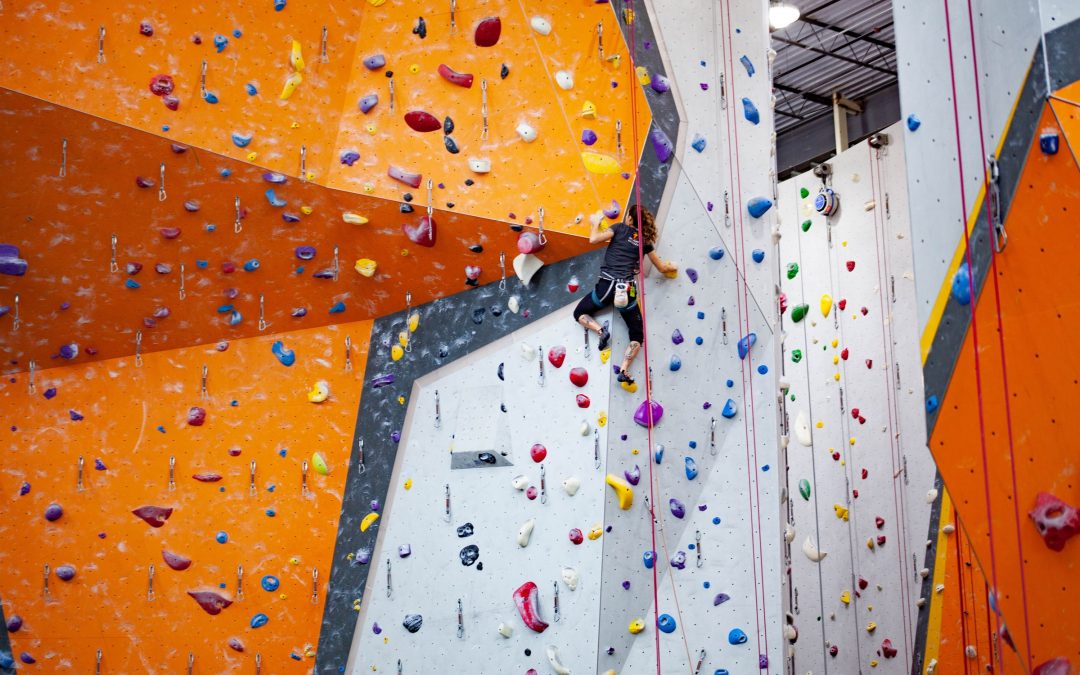We determine our path afresh, again and again
“The important thing is to never stop asking questions.” – Albert Einstein
“Intelligence is the ability to adapt to change.” – Stephen Hawking
“Risk is a central part of the creative process. Trying to eliminate it can kill the spirit of freedom that defines true innovation.” – Daniel Lamarre, Balancing Acts
Over the past few years, we have all changed. We shop differently, watch TV differently and communicate differently. New trends and opportunities for growth are emerging every day. The way we work is more flexible and collaborative. Those who work “agilely” respond to change instead of following plans. Even large corporations have adapted their hierarchical structure. Michael Clementi, who is responsible for human resources at Unilever, summarizes: “Because acting quickly is important to us, we have created a culture in which we experiment, take risks and learn to reduce the duration of cycles. Teams have more responsibility and are more engaged in their work.” That’s how a hand sanitizer in seven variations was created in just six weeks at the start of the pandemic, and sold out within a day.
The end of “we’ve always done it this way.”
The 21st century is all about adapting to changing circumstances and holding your own. Ten years ago, IBM surveyed 1,541 executives from around the world on the most important leadership trait. The survey was clear: creativity is the most important competence. Daniel Lamarre, ex-head of Cirque du Soleil, agrees today: “If we don’t prioritize creativity – the dictionary definition of ‘creating or bringing something new to life’ – we are wasting our time. No business deserves to exist if it doesn’t constantly discover new ways to improve the lives of its customers. Without creativity, there is no business.”
Change is inevitable and being creative is the way forward. But to do so, we must be willing to revise our concept of what makes us feel secure in order to respond differently to the unexpected or to setbacks. Employees who welcome change help their company to remain relevant in the future. Does this make the “career ladder” a thing of the past? Sarah Ellis and Helen Tupper believe so. In their book and TED Talk, they propose a radical rethinking for anyone who feels constrained by the narrowness of the straight-line career ladder: The Squiggly Career. Life is made up of stepping stones. On each stone, we have the choice to change our direction.
Change means action
If you want to shift frequently and fluidly between roles, you need a flexible mindset. Being creative also means adapting. That’s why, instead of testing applicants’ usual qualifications, the U.S. magazine FastCompany suggests testing their openness. Today it is more important to find out what they have done to be resilient and resourceful, and whether they remain calm under pressure. Personal experience should show how they deal with conflicts and motivate others, as teamwork, problem solving and reliability are crucial. It’s all about our attitude. Only if we are ready to let go of the old can we engage in new situations, try things out and be willing to make mistakes. It requires self-confidence to reduce the fear of shame or the pressure to succeed, and to open up to your unlimited potential of consciousness, the source of our intuition and creativity.
Gerald Blomeyer, Berlin, mid-January 2022
Listen to the podcast Letting Go into Clarity
Photo Jonathan J. Castellon on Unsplash

